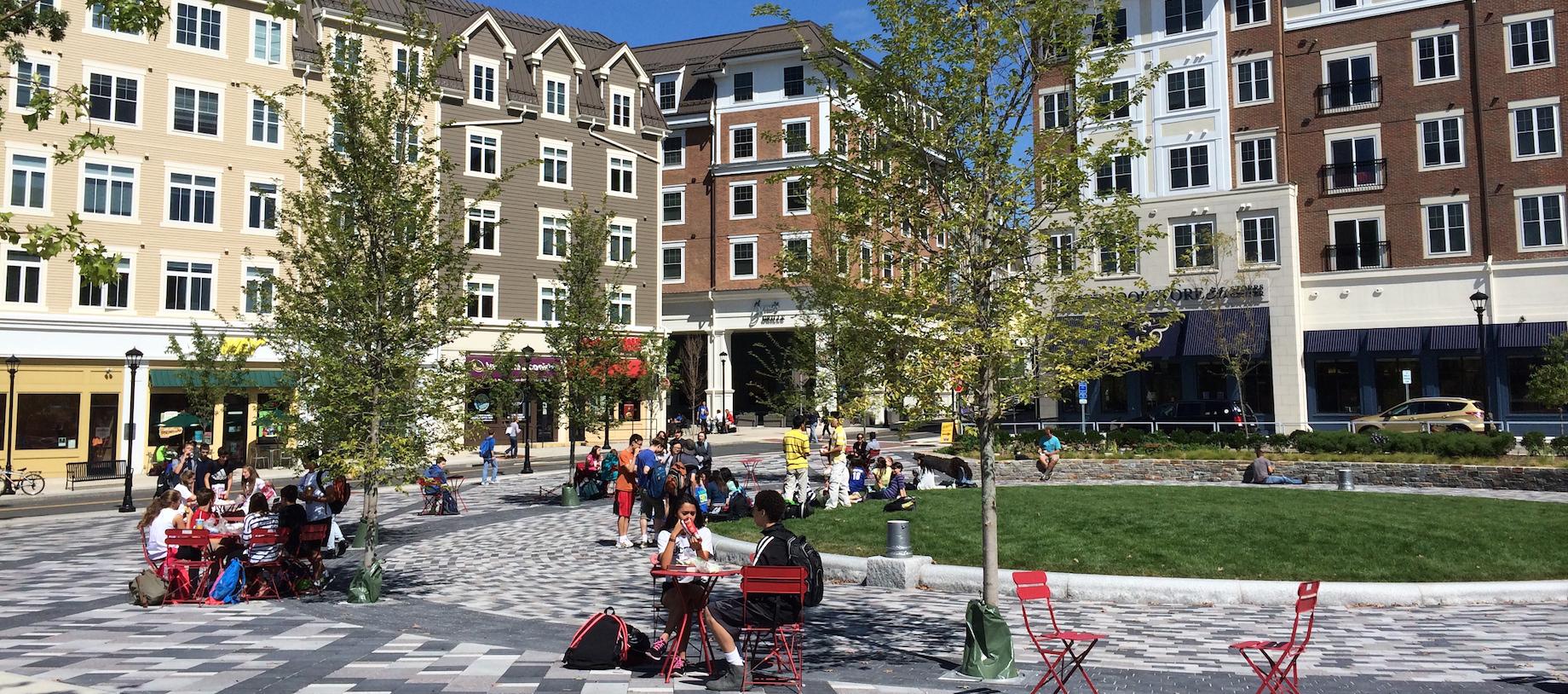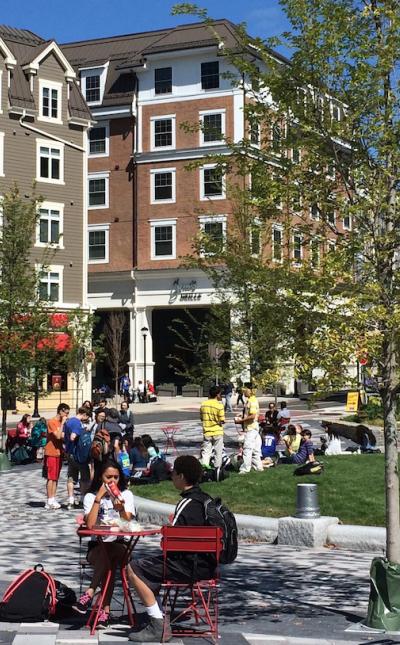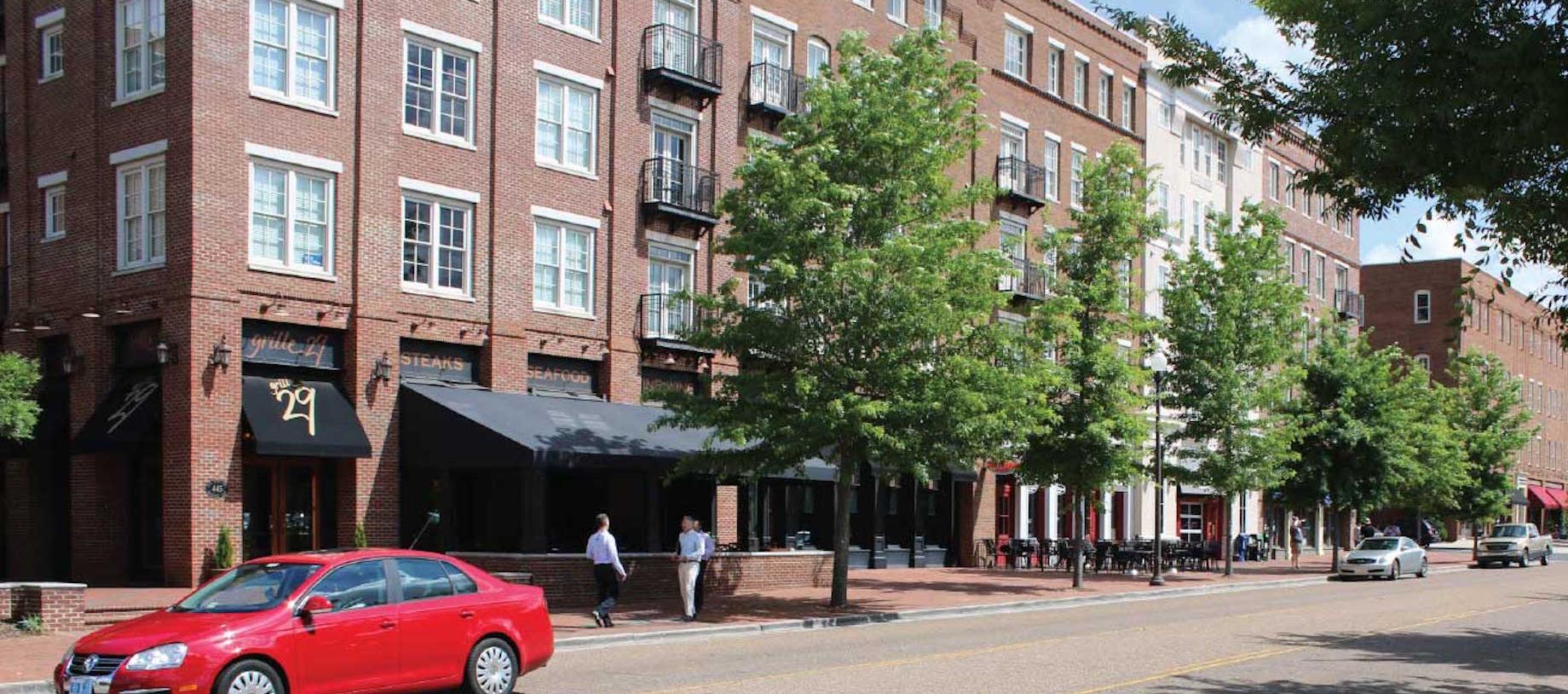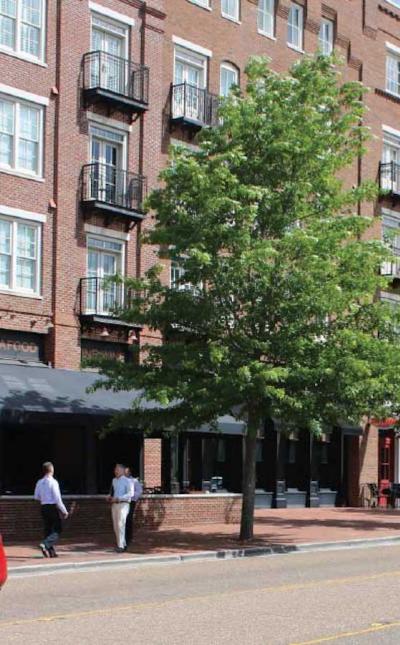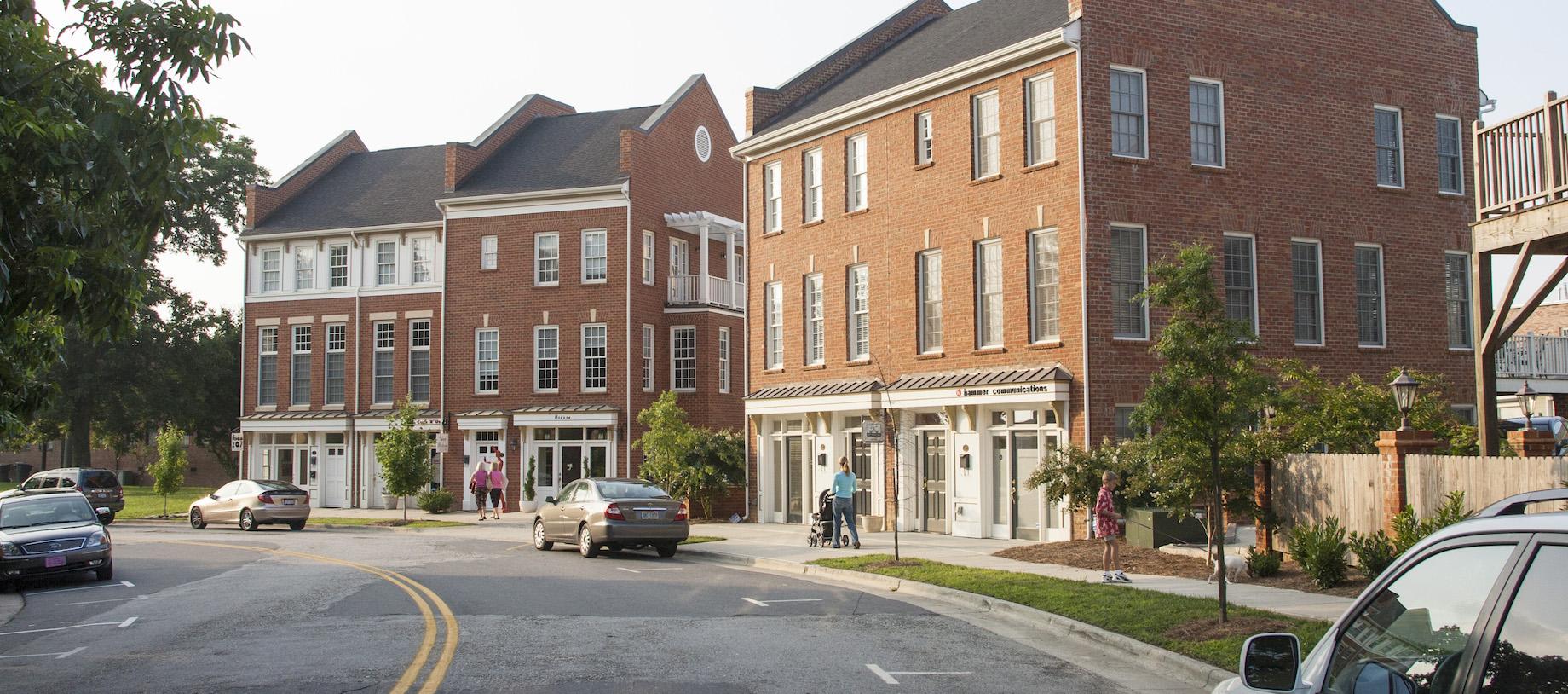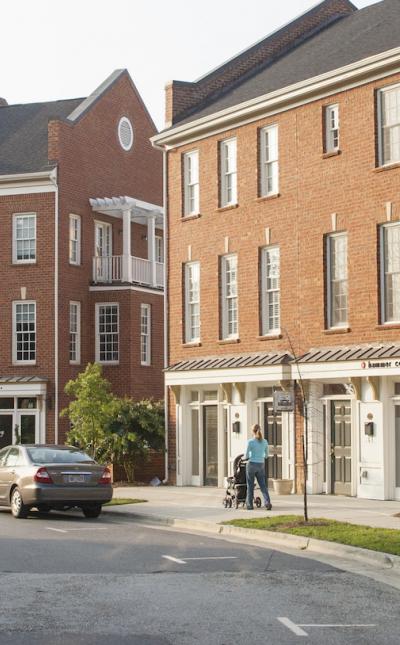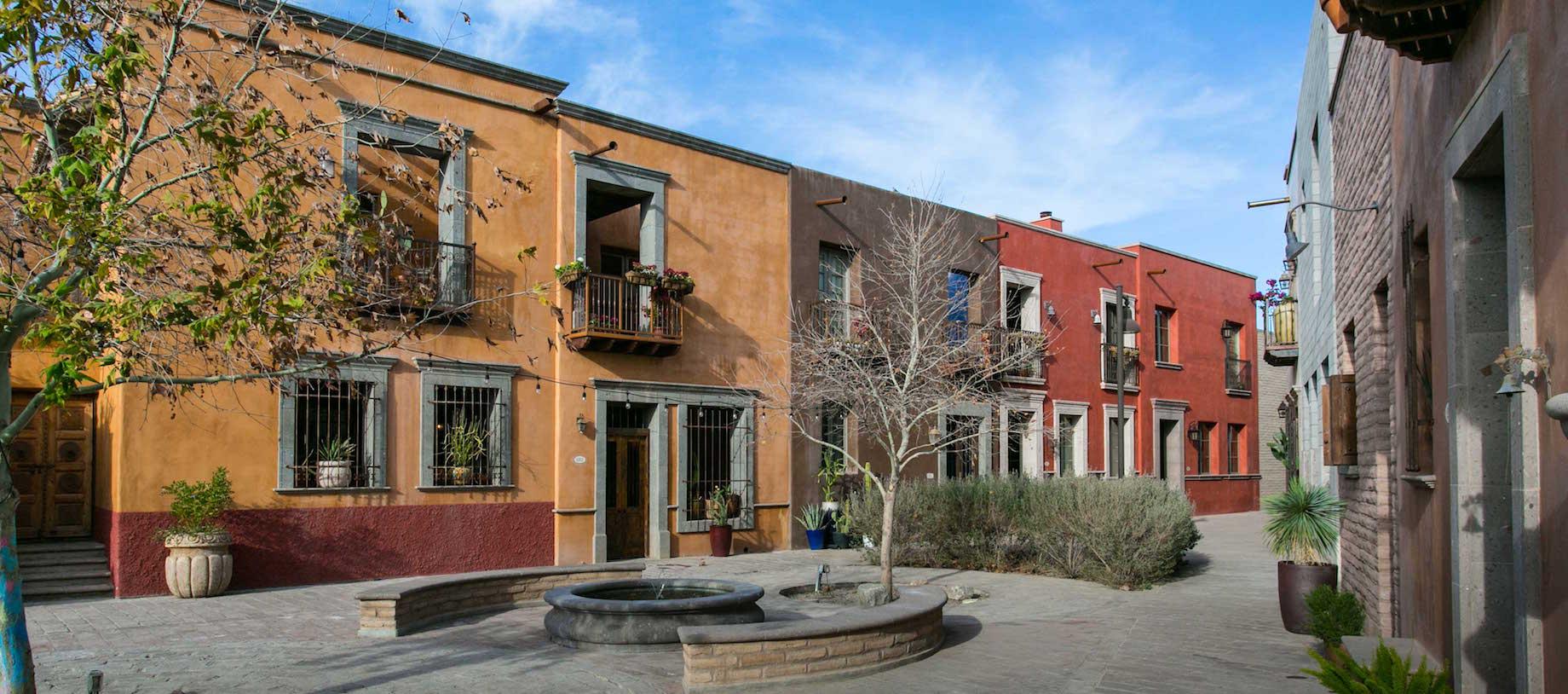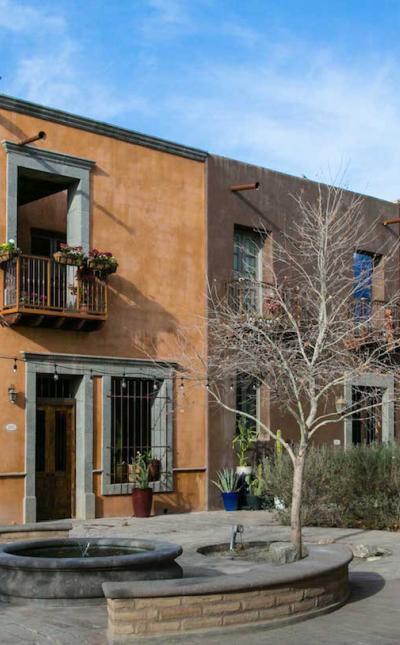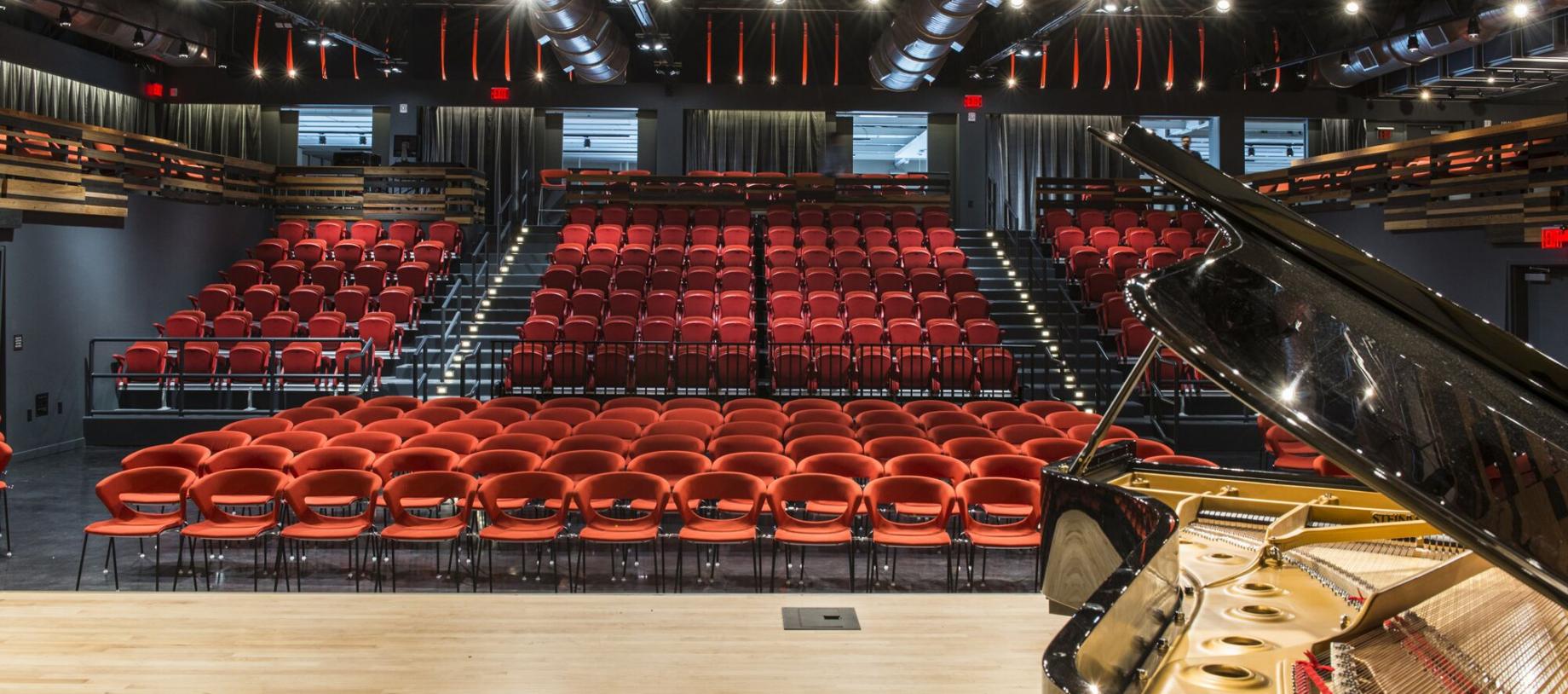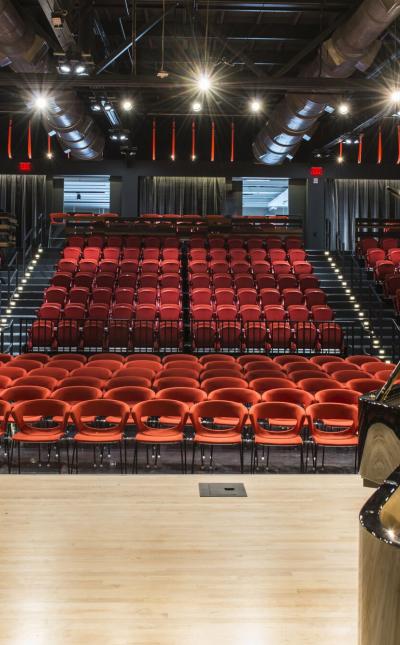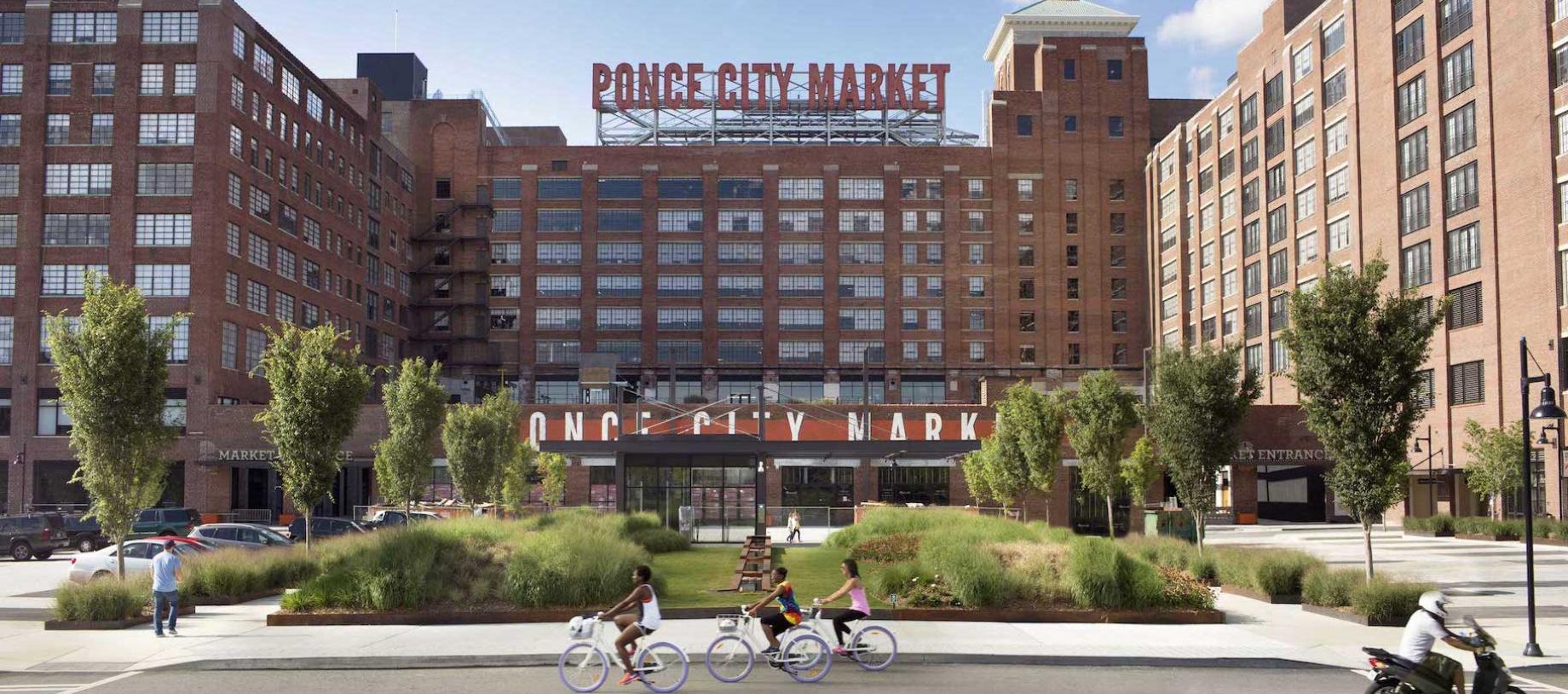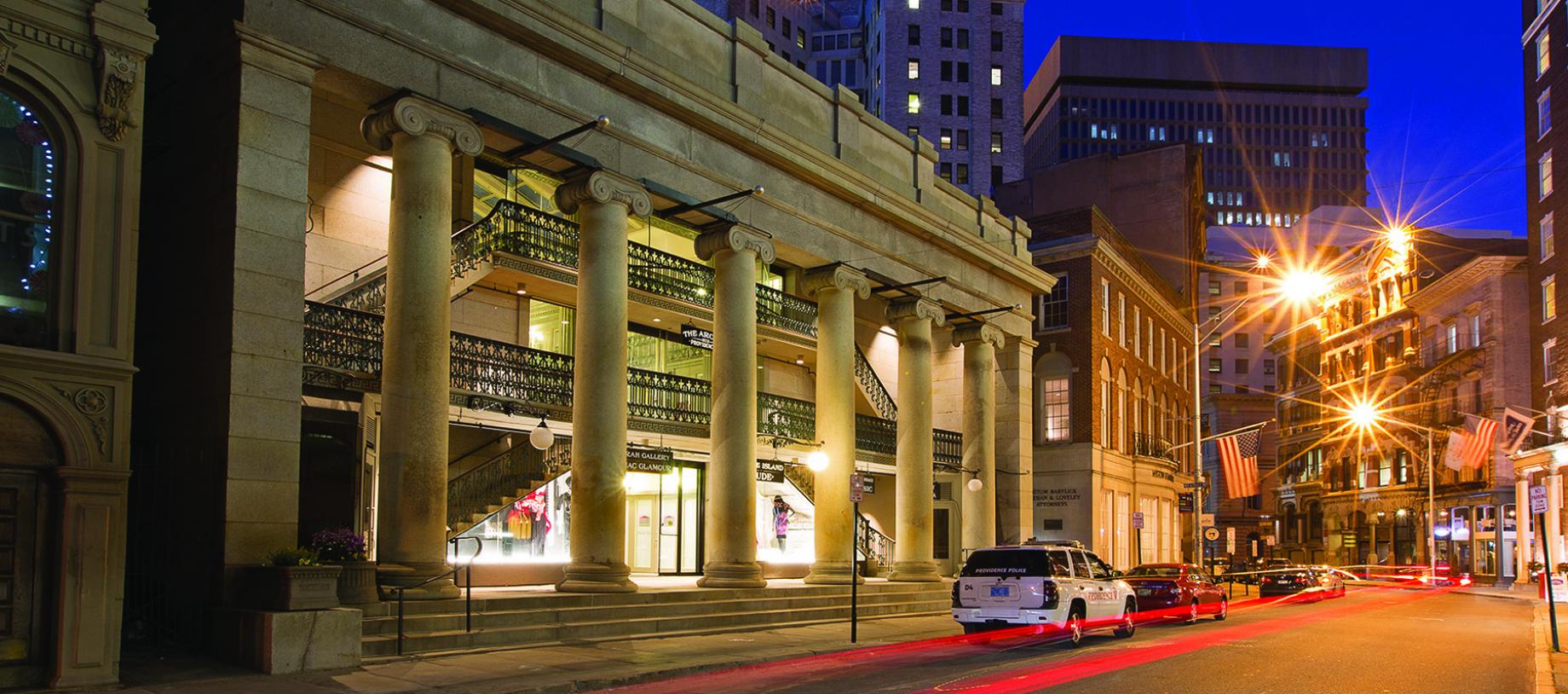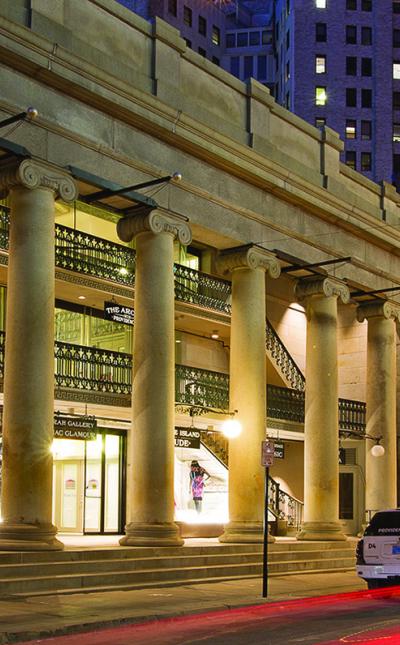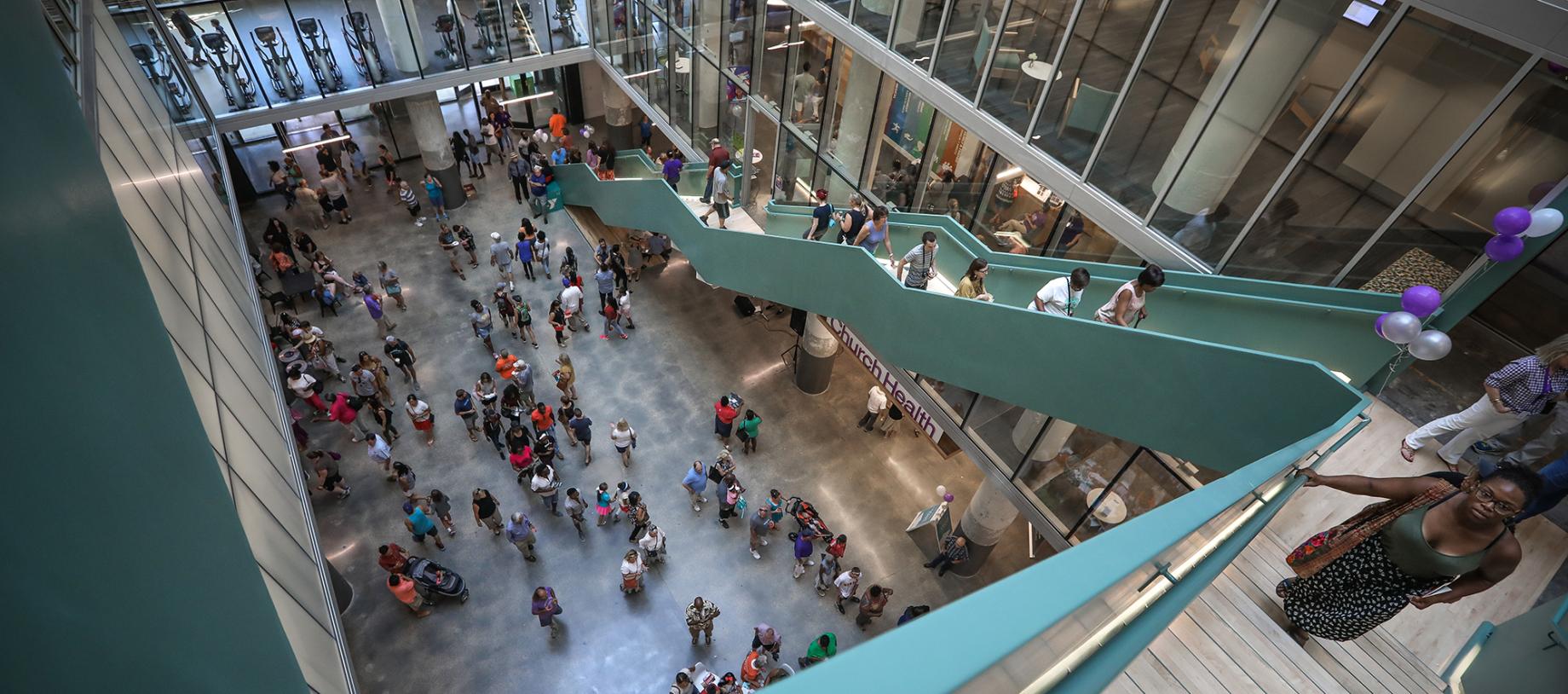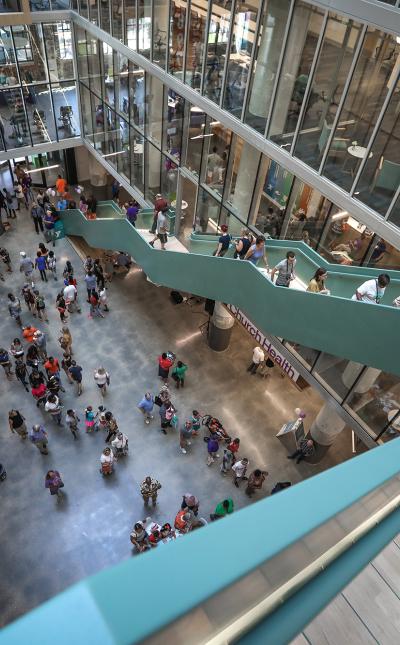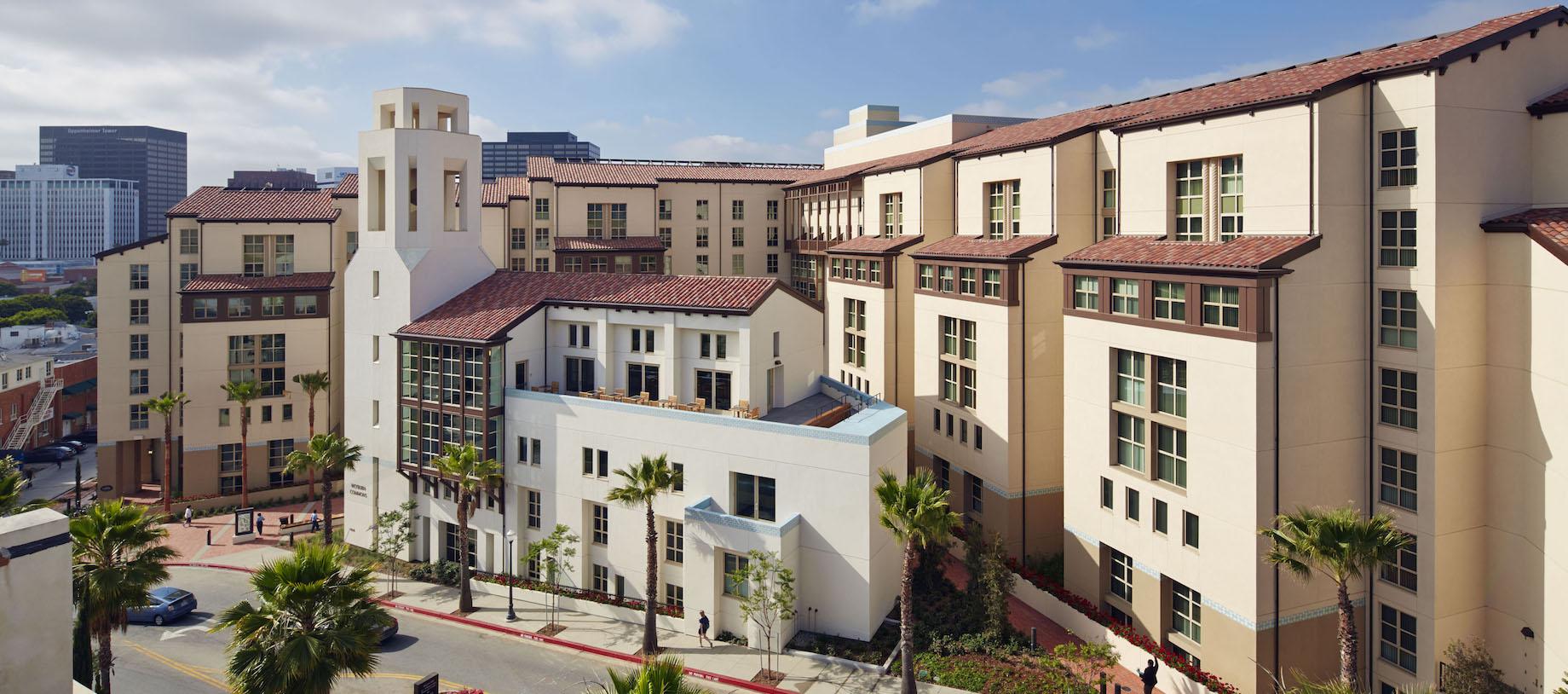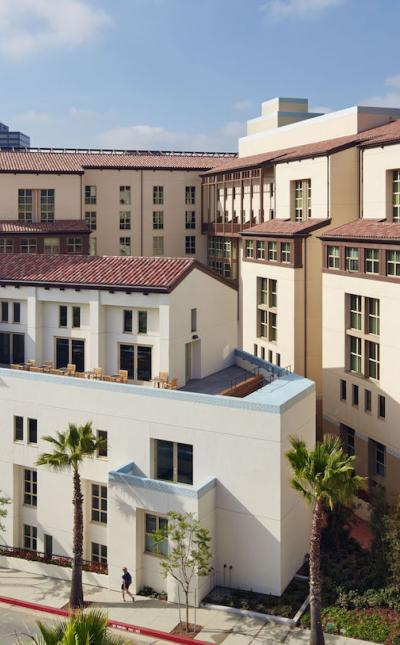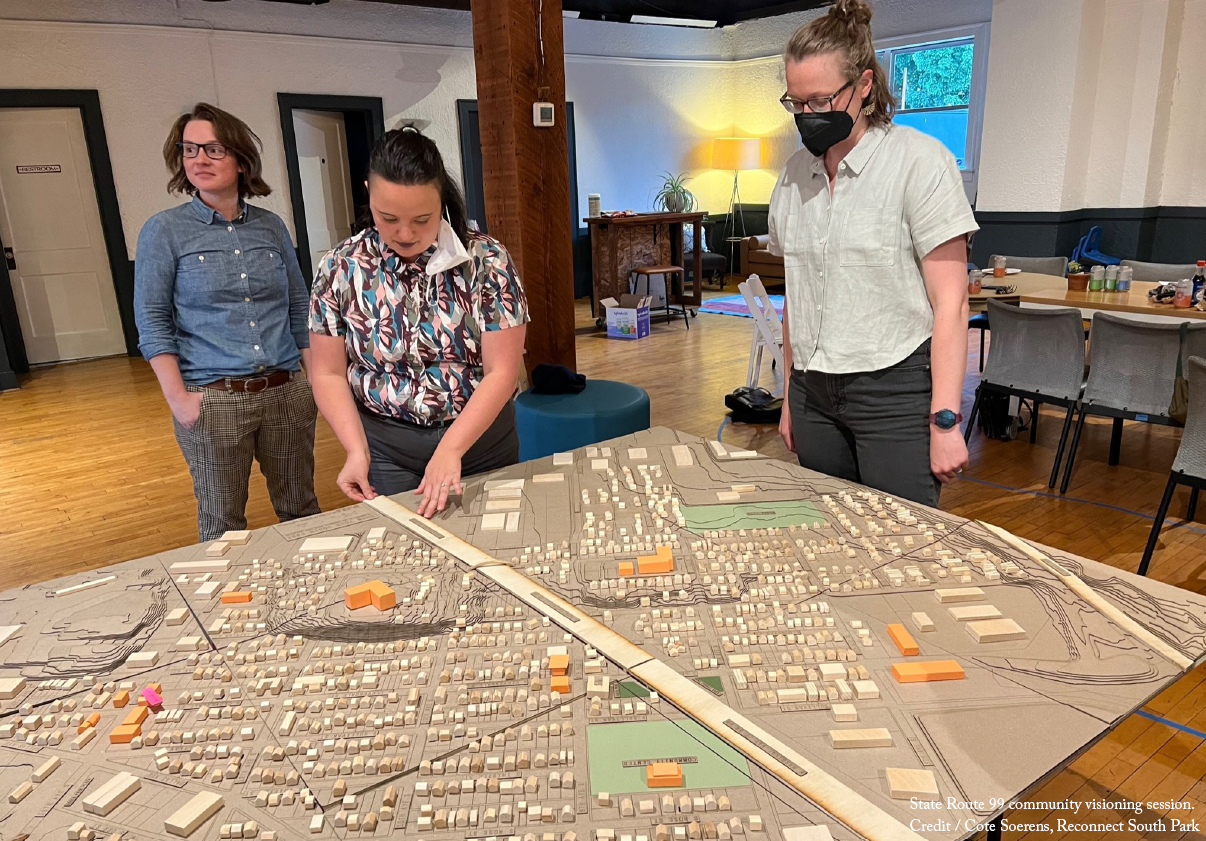History and Context
South Park is a unique and beloved neighborhood that could not be mistaken for any other in Seattle. A majority of South Park residents are people of color and about 25 percent are recent immigrants. It has a long history of being home to immigrant communities and, as a result, the neighborhood was redlined in the 1930’s. As was often the case in redlined neighborhoods, State Route 99 was built in the 1950s and 1960s to divide and displace, rather than to serve the South Park community. Today, community residents contend with a dark underpass containing a narrow sidewalk bordered by a constant stream of semi-trucks – the only on-grade crossing point throughout the entire 1.5 mile stretch of highway that divides the South Park in two. Living near highways has been shown to be very harmful to health and well-being, especially for youth and the elderly. The impacts of the highway combined with other challenges such as industrial pollution cause South Park residents to have a 13-year lower life expectancy than residents of other Seattle neighborhoods. South Park also has the most youth per capita of any neighborhood in the city, and every place where neighborhood children congregate—the elementary school, two parks, the library, and the community center—is directly adjacent to State Route 99. In addition to pollution and health impacts, the highway also causes many public safety concerns and makes it difficult to walk or bike in the neighborhood.
Proposal
Reconnect South Park is a community-led effort to rethink Highway 99 through the neighborhood. Highway removal would free up 44 acres of much needed land for equitable development opportunities, such as community-owned affordable housing, markets and small businesses, childcare and educational space, and industrial business incubators. The street grid could be reconnected and allow residents to easily walk and bike through their neighborhood. A divided community could rebuild ties with neighbors and the small, fragmented, and unusably loud green spaces could connect into one larger park to provide youth with a safe place to play and all residents with better connection to nature. Even more, South Park youth would not have to grow up knowing they would live 13 years less than the kids in other neighborhoods because one of the largest contributors of air pollution in the neighborhood would be gone.
Removing Highway 99 would also improve walkability to businesses on either side of the highway, including South Park's commercial core on 14th Ave. S. In addition to reconnecting the residential neighborhood and businesses, the highway removal would free up 28 acres of industrial land in an area that has the potential to be severely impacted by sea level rise. This land could be used for relocation strategies and for nature-based resilience infrastructure like green stormwater infrastructure and floodable open space that could protect the land from flooding and help clean adjacent waterways.

Current Plans
Reconnect South Park recently received $1.6 million from US DOT's Reconnecting Communities Pilot Program to fund more in-depth planning studies and support the creation of an Equitable Development Plan that will put forth community-informed anti-displacement strategies to be implemented alongside any changes to the highway. The technical studies will examine multiple potential futures, including a full removal of the SR-99 through South Park.

